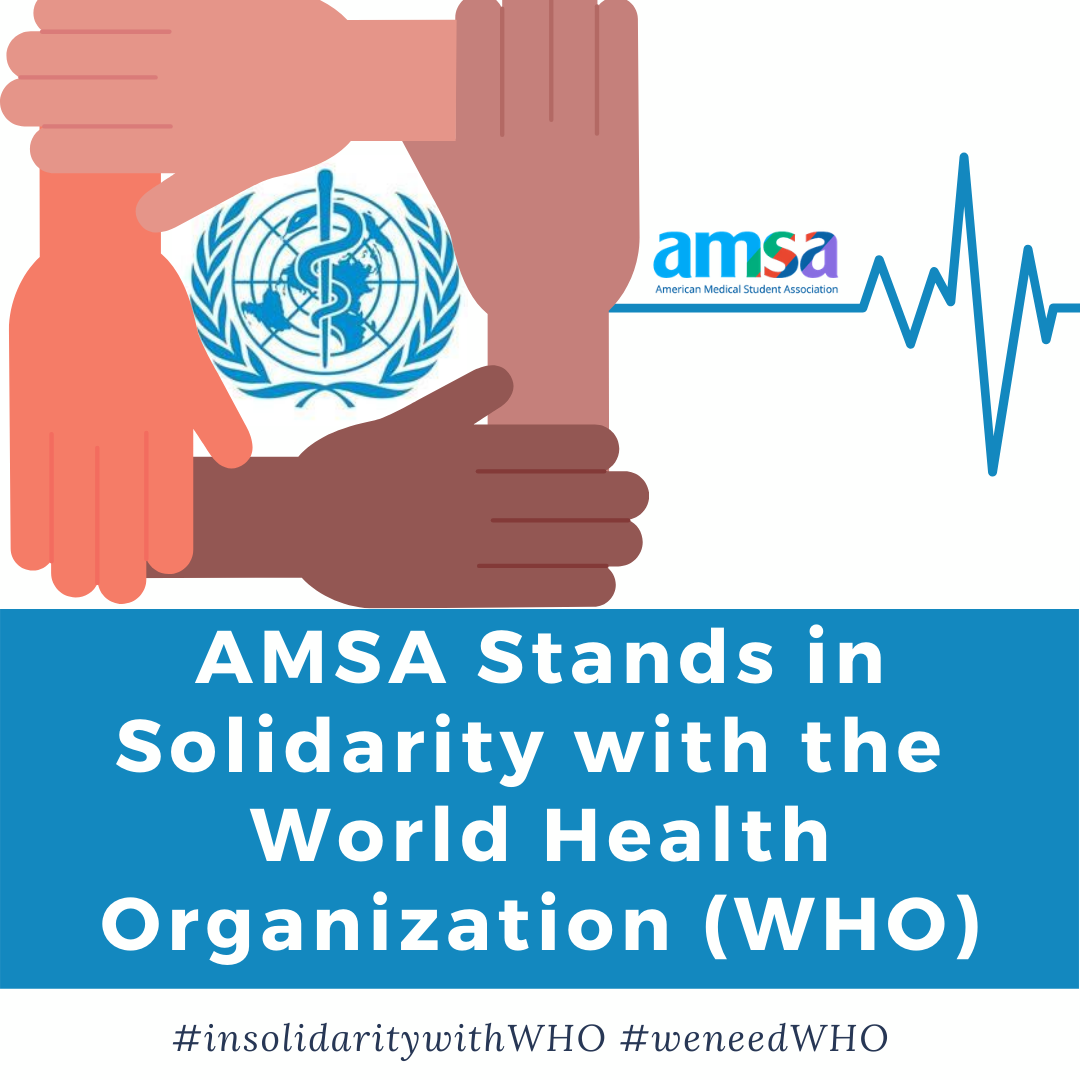By: Keya Shah, Peter Papaioannou, and Mariana Ndrio
On July 7, the Trump Administration announced that the U.S. would formally withdraw from the World Health Organization (WHO). This is a major step backward, especially during our country’s crucial battle against COVID-19.
Not only does the WHO play a leadership role in global health emergencies such as COVID-19, but it also plays an immense role in the Global Polio Eradication, decreasing the global malaria death toll, and working with the President’s Emergency Plan for AIDs relief (PEPFAR) started by President Bush which has had remarkable success in saving millions of lives.
The WHO has provided immense support to the United States and globally during the COVID-19 pandemic. They have provided millions of PPE to 172 countries, deployed hundreds of medical teams and experts worldwide, and coordinated international research to accelerate COVID-19 vaccine development and accessibility.
The United States provides one-fifth of the WHO’s budget. The lack of this crucial funding can compromise the WHO’s efforts in the global COVID-19 vaccine production and distribution.
As a medical student, I applaud the WHO’s efforts in its continued support of front-line healthcare workers globally. Leading medical organizations such as the American Medical Association have stated that a withdrawal from the WHO “puts the health of our country at grave risk” and is a “major setback to science, public health, and global coordination efforts.” During a global pandemic, when the WHO’s leadership is of utmost importance, a withdrawal will compromise an international coordinated response against COVID-19. The U.S. should not withdraw from the World Health Organization. In July 2020, President-elect Biden vowed to reverse a WHO withdrawal. As an organization, we are holding President-elect Biden accountable for this vow and counting on him to restore the U.S. relationship with the World Health Organization, the world’s leading public health agency.





